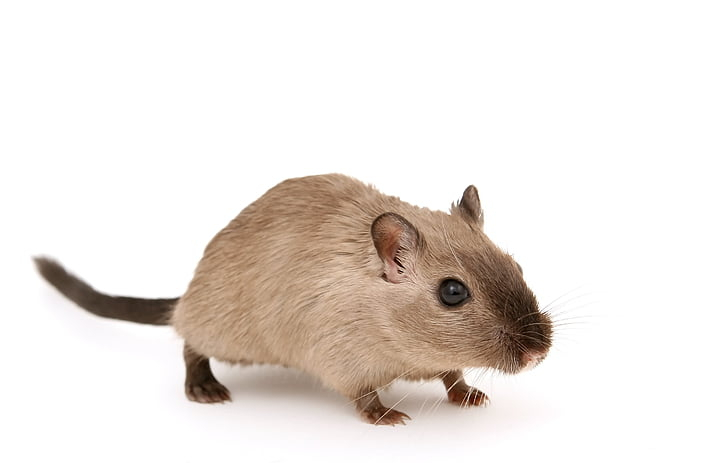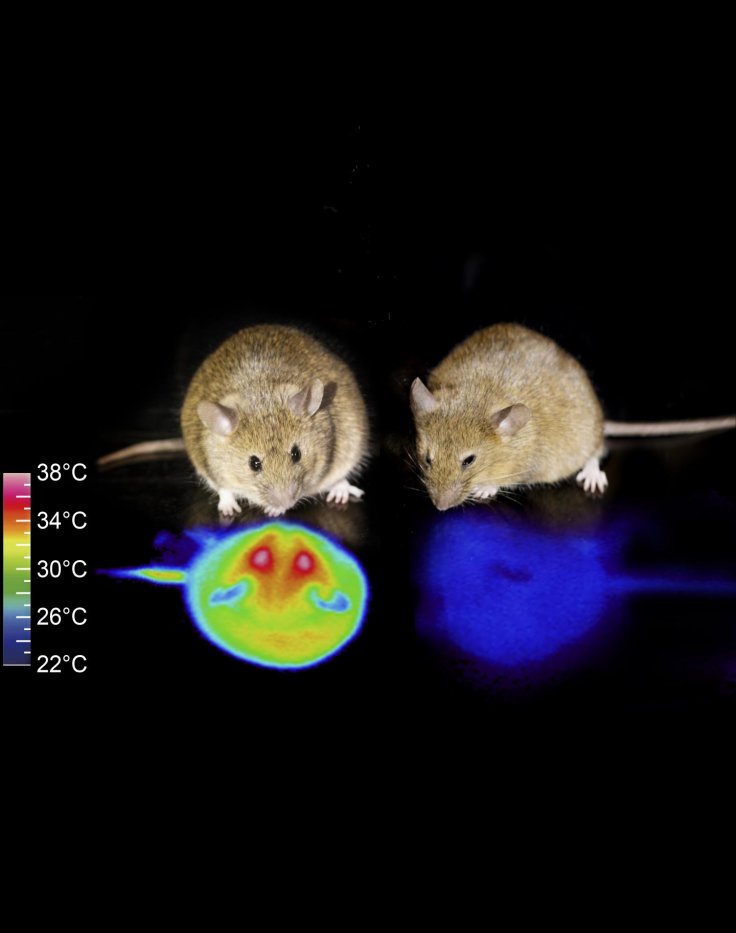For ardent fans of sci-fi movies, people being placed in a state of hibernation in specialized pods or structures is a familiar sight. Several scientists have posited that human beings may have to be kept in induced hibernation in the event of interstellar travel becoming a reality. Bringing hope in this regard, a new study claims that mice can be put in a hibernation-like state simply by activating a few neurons in their brains.
According to the study led by researchers from the University of Tsukuba, activating certain cells known as Q neurons in the brains of mice, a hibernation-like state can be induced in them. "We show that a hypothalamic neuronal circuit in rodents induces a long-lasting hypothermic and hypometabolic state similar to hibernation," wrote the authors.
Triggering A State of Hibernation In Mice
Mice are animals that do not hibernate. However, the study team demonstrated that by activating Q neurons within the brains of the mice, they entered a hibernation-like state for several days.

According to Sakurai, the body temperature of the mice reduced from a set-point of about 36C to nearly 27C. Their bodies continued to function normally and maintained a reduced temperature at approximately 22 C despite a significant reduction of ambient temperature.
"The mice exhibited distinctive qualities that met the criteria for hibernation," noted Sakurai. These signs comprised of decreased metabolism that are characteristic of hibernation such as reduced oxygen consumption, respiration and heart rate.
An Unusual Development
The possibility of triggering a hibernation-like state in mice merely by the artificial excitement of Q neurons was something that surprised the research team. "Even more surprising is that we were able to induce a similar hypometabolic state in rats, a species that neither hibernates nor has daily torpor," said Tohru Takahashi, first author of the study.

While the underlying reason behind the process is yet to be discovered, Takahashi muses on the possibility of humans also possessing Q neurons that can be tapped into to induce a similar state in them.
Placing Humans In Hibernation
Genshiro Sunagawa, senior author of the study, explained: "People might not want to hibernate for the same reasons as animals." Several medical reasons may require people to be placed in a state of suspended animation. This includes emergency transportation or grave conditions in patients with acute pneumonia where the necessary requirement of oxygen is not met by the body.
"Touching upon the possibility of placing humans in hibernation, the authors wrote "Our findings could enable the development of a method to induce a hibernation-like state, which would have potential applications in non-hibernating mammalian species including humans."
Talking about the much-aspired aspect of space travel, Sakurai opined: "In the future we may put human in a hibernation-like state for missions to Mars and beyond."









